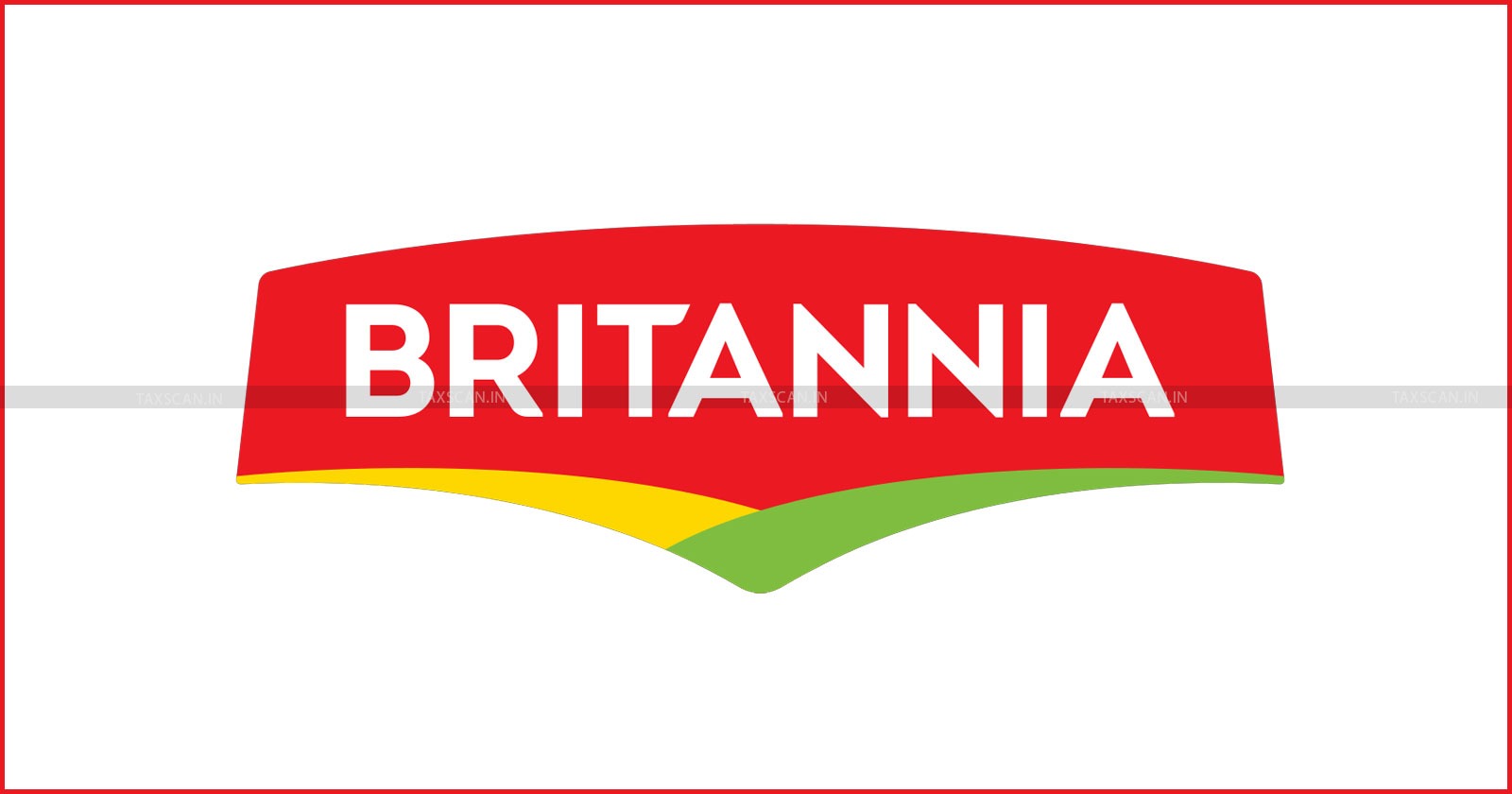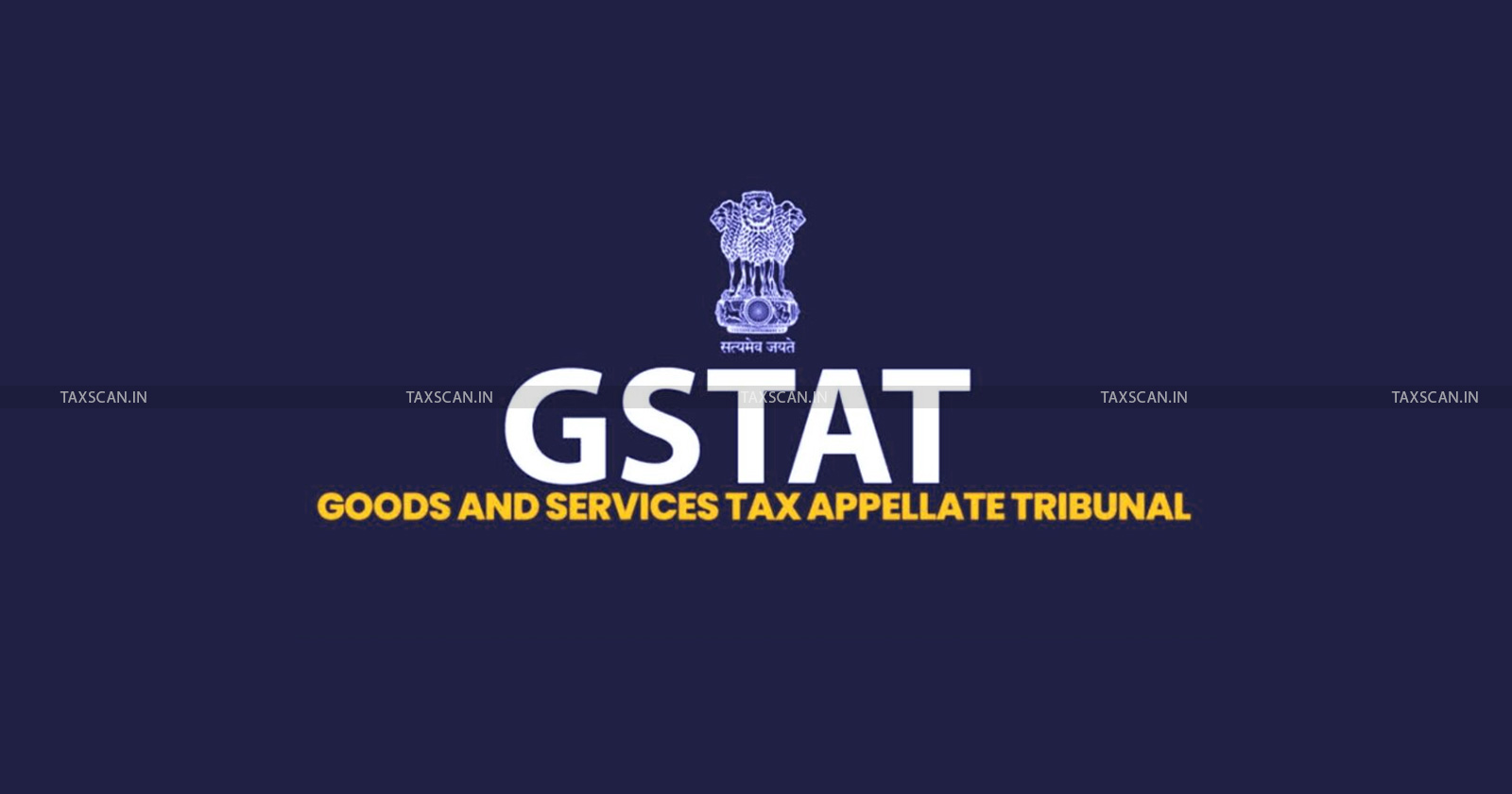CENVAT Credit on Technical Know-How Services Not Eligible for Trading Use: CESTAT on LG Electronics Case [Read Order]
CESTAT ruled that LG Electronics cannot claim CENVAT credit on technical know-how services used for trading activities
![CENVAT Credit on Technical Know-How Services Not Eligible for Trading Use: CESTAT on LG Electronics Case [Read Order] CENVAT Credit on Technical Know-How Services Not Eligible for Trading Use: CESTAT on LG Electronics Case [Read Order]](https://images.taxscan.in/h-upload/2025/07/26/2069270-cenvat-credit-service-tax-paid-invoices-service-policy-cestat-cenvat-credit-taxscan.webp)
The Allahabad Bench of the Customs, Excise, and Service Tax Appellate Tribunal (CESTAT) ruled that CENVAT credit on technical know-how services received by LG Electronics India Pvt. Ltd. is not allowed to the extent it was used for trading purposes.
LG Electronics, the appellant, received technical know-how services from its parent company in Korea. The company paid service tax under the reverse charge mechanism and distributed the credit to its manufacturing and trading units through its Input Service Distributor (ISD).
Your Tax Rights Are at Stake! Understand the Supreme Court’s role - Click here
During audit, the department found that these services were used commonly for both manufacturing and trading.
The department calculated that a total credit of Rs. 1,28,08,648 was related to trading, out of which the appellant had reversed Rs. 38,82,360 for the period from February 2013 to January 2014. The remaining Rs. 89,26,288 for the earlier period from April 2011 to January 2013 was not reversed.
The appellant’s counsel argued that the technical know-how services were essential for business operations, including production, quality control, and marketing, and that the credit had been taken in good faith. It was also argued that part of the credit had already been reversed voluntarily along with interest.
The revenue counsel argued that credit related to trading activity is not eligible under the CENVAT Credit Rules, 2004, because trading is neither manufacturing nor a taxable service. They said that under Rule 7, credit has to be distributed only to the extent it relates to eligible output services or goods.
The appellant had accepted that part of the credit related to trading and the remaining unreversed amount had to be recovered. The revenue relied on the company’s own letters and calculations to support their case.
 Also Read:GST Classification Dispute Over Flavoured Milk: Madras HC Directs Britannia to Approach Appellate Authority [Read Order]
Also Read:GST Classification Dispute Over Flavoured Milk: Madras HC Directs Britannia to Approach Appellate Authority [Read Order]
The two-member bench comprising Sanjiv Srivastava (Technical Member) and Angad Prasad (Judicial Member) observed that the appellant, by its own admission, had identified the amount of credit used for trading but did not reverse it fully. The tribunal held that credit related to non-taxable trading activities must be reversed, and the failure to do so made the appellant liable for recovery of the balance amount.
The tribunal also held that the extended period of limitation could not be applied in this case, as there was no evidence of fraud or willful suppression. It found that the appellant had cooperated during the audit and had reversed part of the credit voluntarily. On this basis, the tribunal set aside the penalties imposed by the lower authority.
The tribunal ruled that while the department was right in recovering the balance of Rs. 89,26,288 with interest, the penalty and extended limitation were not justified. The appeal was partly allowed.
Support our journalism by subscribing to Taxscan premium. Follow us on Telegram for quick updates



